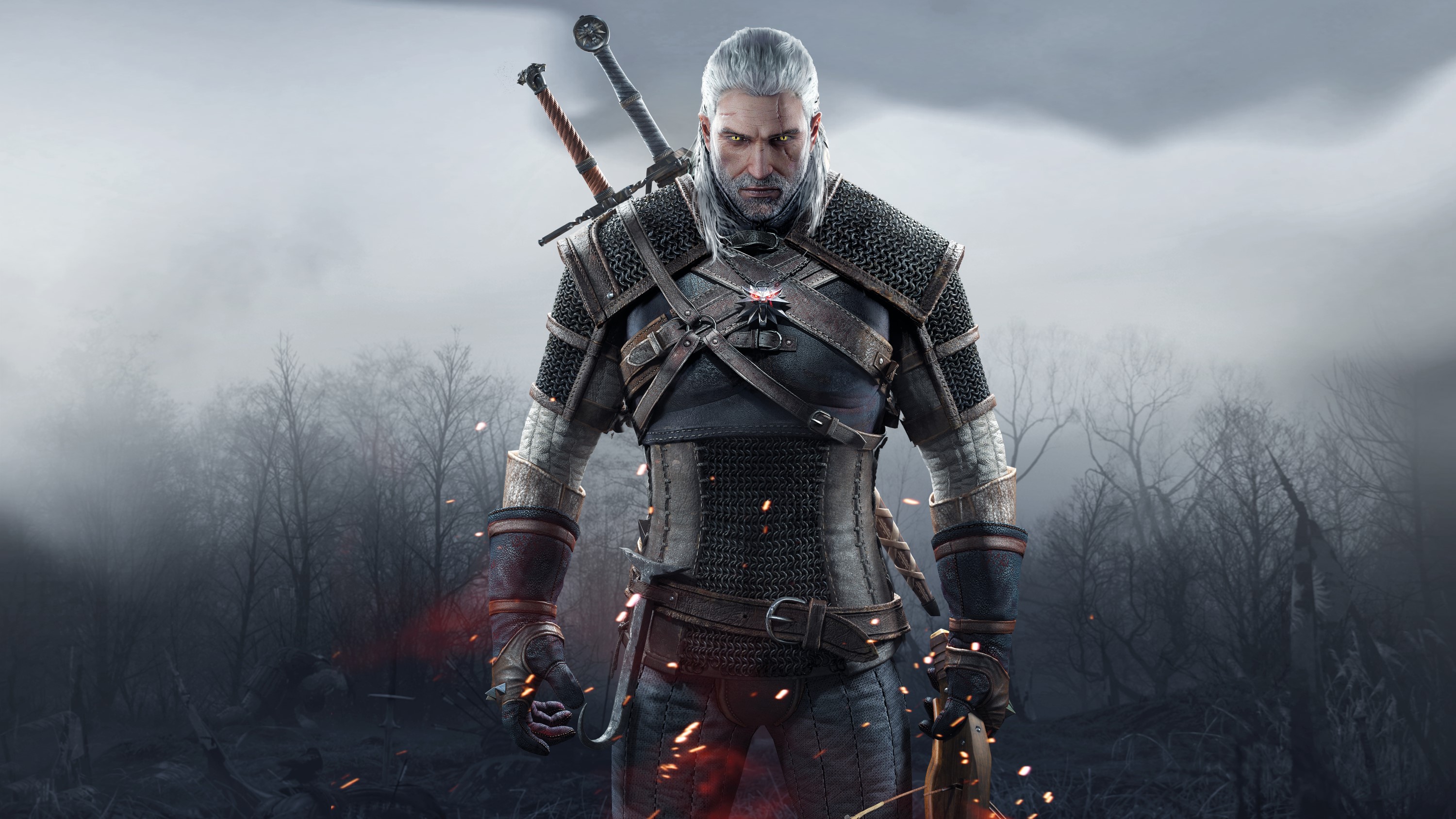
This year we marked the 10th anniversary of our PC Gaming Show, our huge summer stream of announcements, interviews, and all around cool stuff. Looking back on that decade, our show has come a long way—but so has PC gaming.
Back in 2015, while we knew all the best stuff was happening on computers, consoles were front of mind for most gamers, and you could barely go a month without someone declaring that PC gaming was dead. Now, in 2024, it's more alive than ever, fully mainstream with the big console companies porting their best to our favourite platform. Dare I say it? PC gaming is cool now.
So how did it all happen? What made 2015-2024 such a golden decade for the hobby? Encapsulating it all would take a library, but here are what we think are the ten most important developments, happenings, and trends that changed the way we see PC gaming.
The Witcher 3 becomes a landmark hit for RPGs
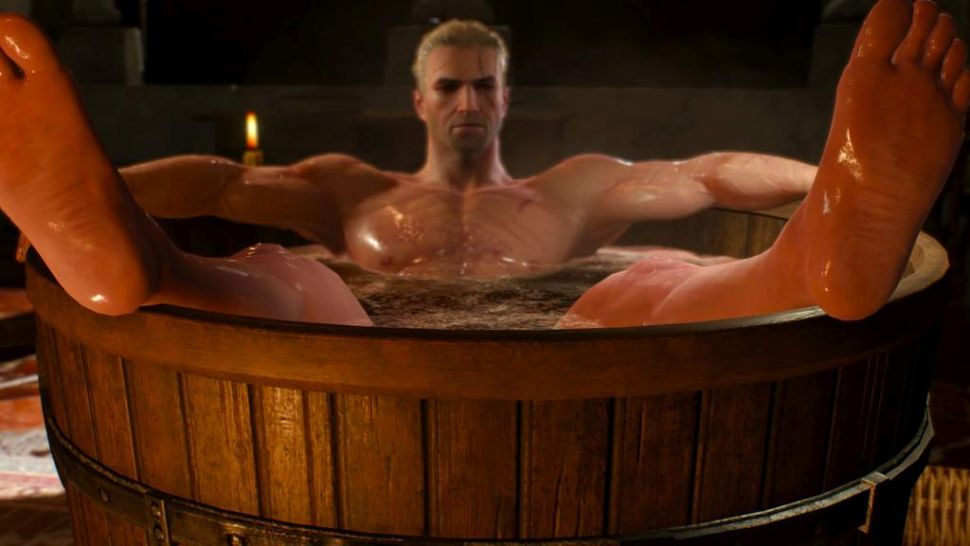
When The Witcher 3 launched in 2015, it felt impossible. It kind of still does. Combining a world that evoked the enormous scale of Skyrim with character work and writing that gave BioWare a run for its money, it set a whole new standard for what an RPG could be.
In the process it achieved huge mainstream success and catapulted CD Projekt into the spotlight as one of the most important developers of the decade. And honestly, where would PC Gamer be now if not for Bathtub Geralt?
DLSS, an incredible GPU tech innovation
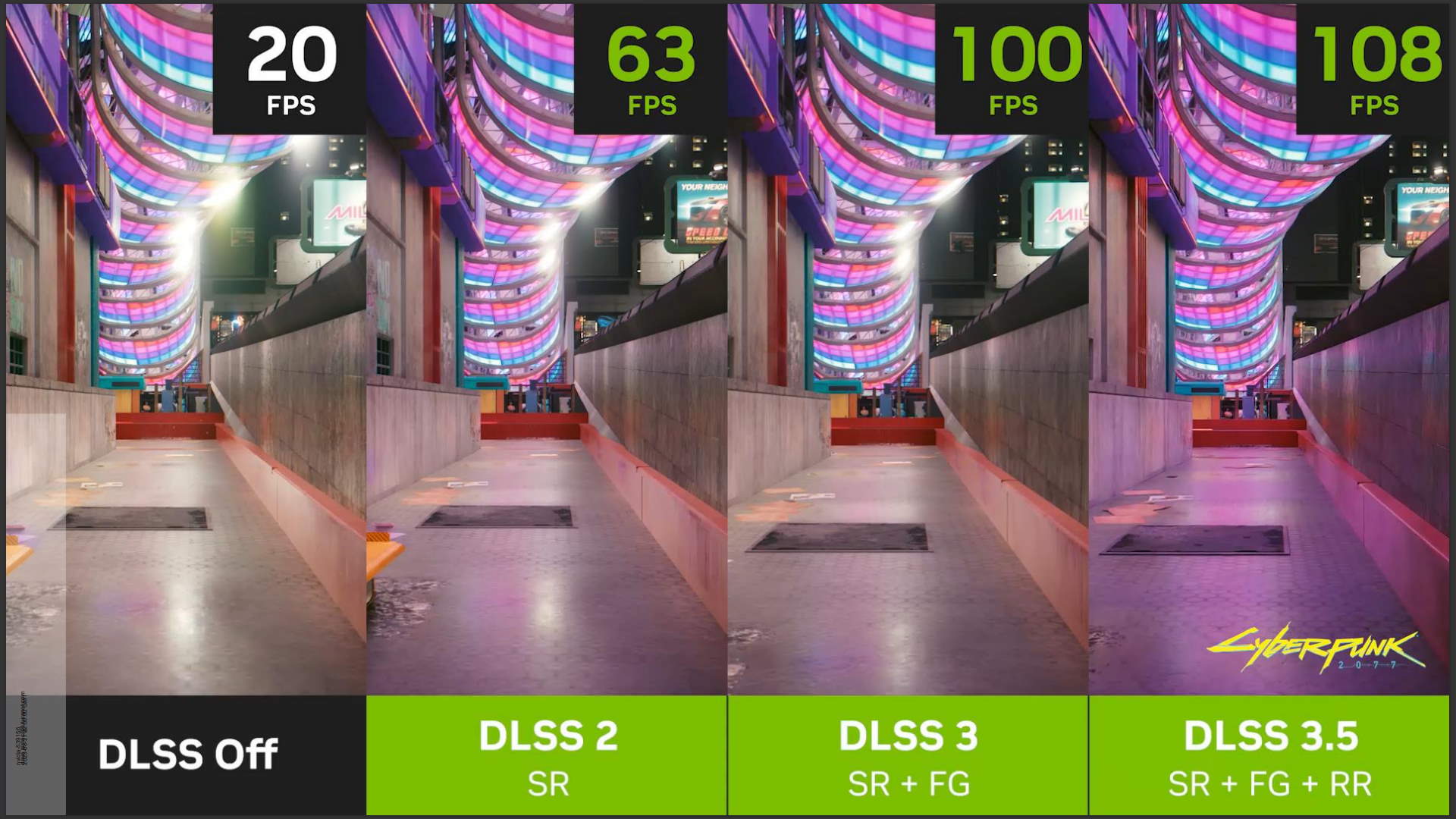
This landmark technology in the history of graphics cards uses AI-powered upscaling to allow developers to push game visuals further than ever before without sacrificing performance.
When it first launched, it was overshadowed by the more obviously flashy ray tracing, but it's gone on to be the far more impactful innovation of the two, fundamentally changing what's possible in PC games. Genuine technological leaps forward for gaming are rarer now than they once were, but this is one that quietly took the industry by storm.
The rise and fall of No Man's Sky
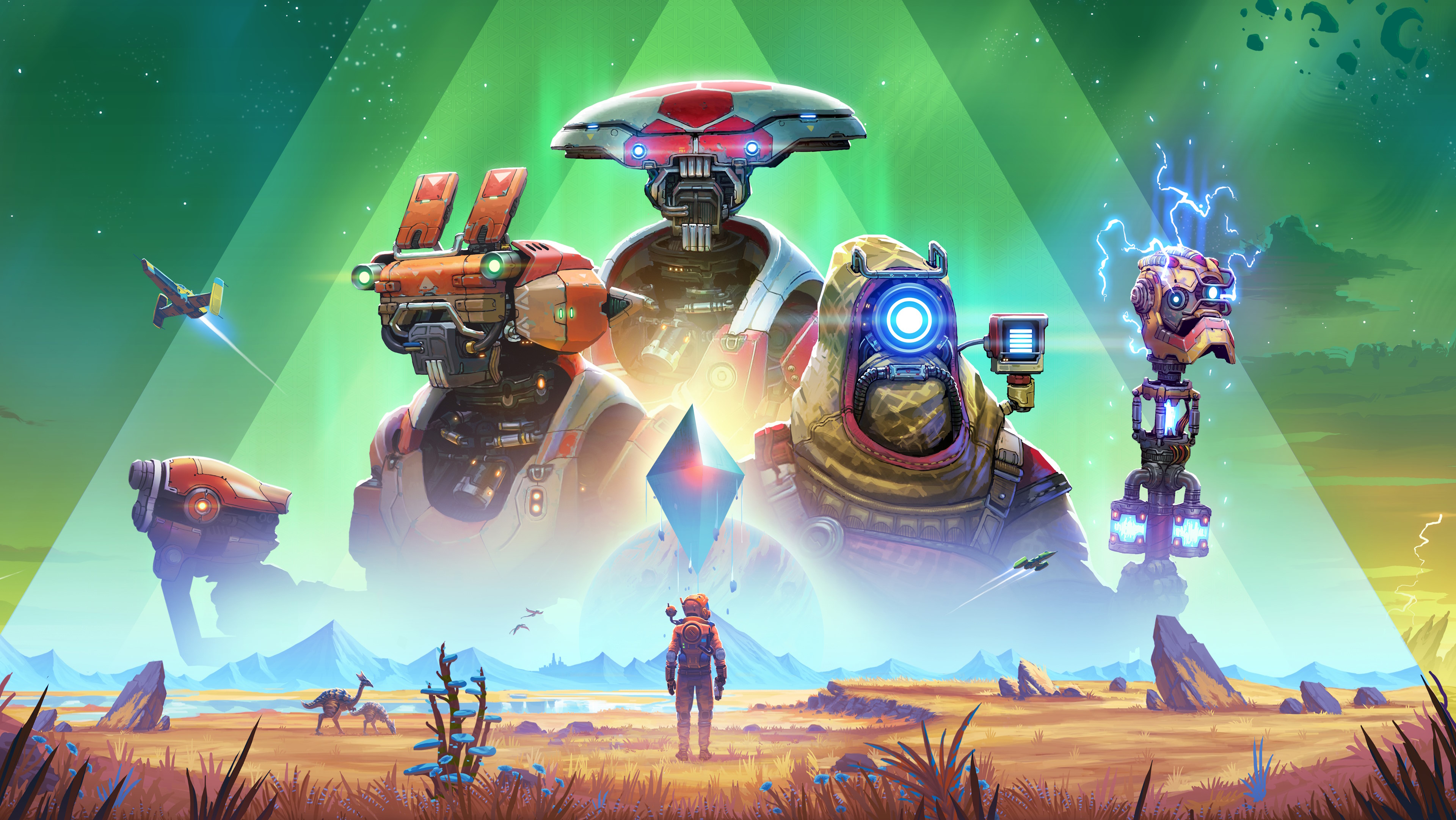
The release of No Man's Sky in 2016 was a watershed moment for the concept of the 'Everything Game'—that idea that developers could create an endless universe where you really could go anywhere and do anything. Sky-high expectations were dashed against the reality of what a small team was capable of, and for many it was a huge disappointment.
Over the years since, however, Hello Games has buckled down, continuing to work on it and in the process setting the template for the modern videogame redemption story. The No Man's Sky of today contains everything that was promised and far more—but the fact that it's taken eight years past release to get there is its own cautionary tale about developer ambition.
The second great esports wave and bubble
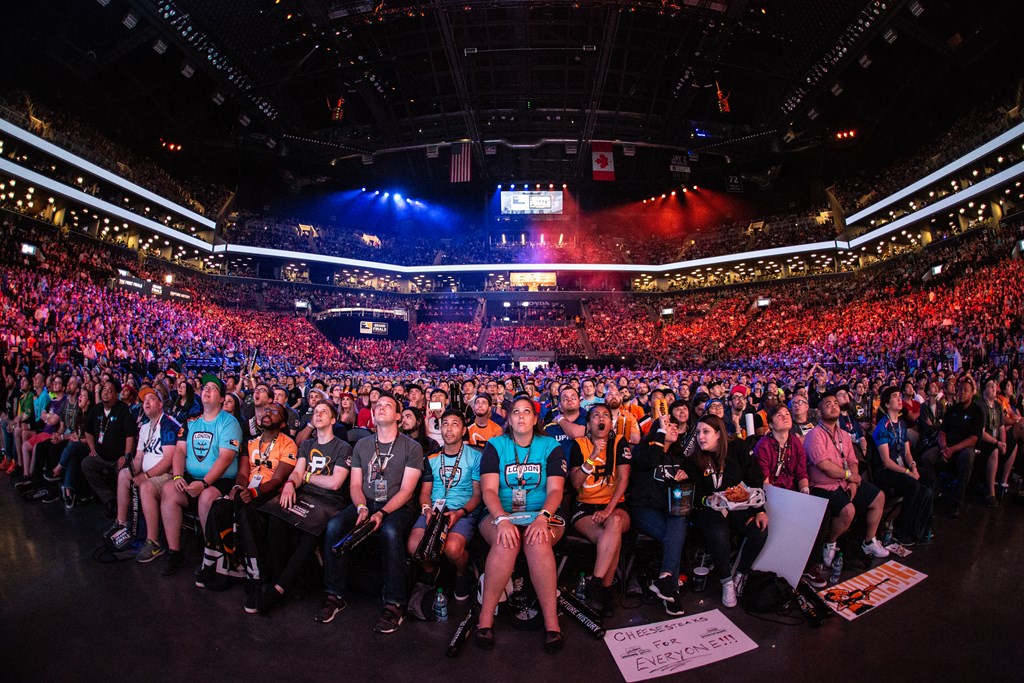
In the last 10 years, we've seen how big esports can get—and also how far it can fall. When the Overwatch League launched in 2018, with $20 million buy-in fees for teams in its first season and up to $60 million the next, it had a ripple effect across the industry. Team valuations and salaries spiked like never before as new leagues formed with their own multi-million dollar franchise fees, and for a while we saw esports on an incredible new level of scale and production value.
That explosive growth couldn't last, however, and as Overwatch League began to stumble and eventually closed, many of those other new leagues were on the same trajectory, leading to the rocky state of things we see today. But the future is still bright—esports have more mainstream awareness and a bigger audience than ever, and grassroots work in the community is helping to carve out a new and exciting path forward.
Baldur's Gate 3 caps off an RPG golden age
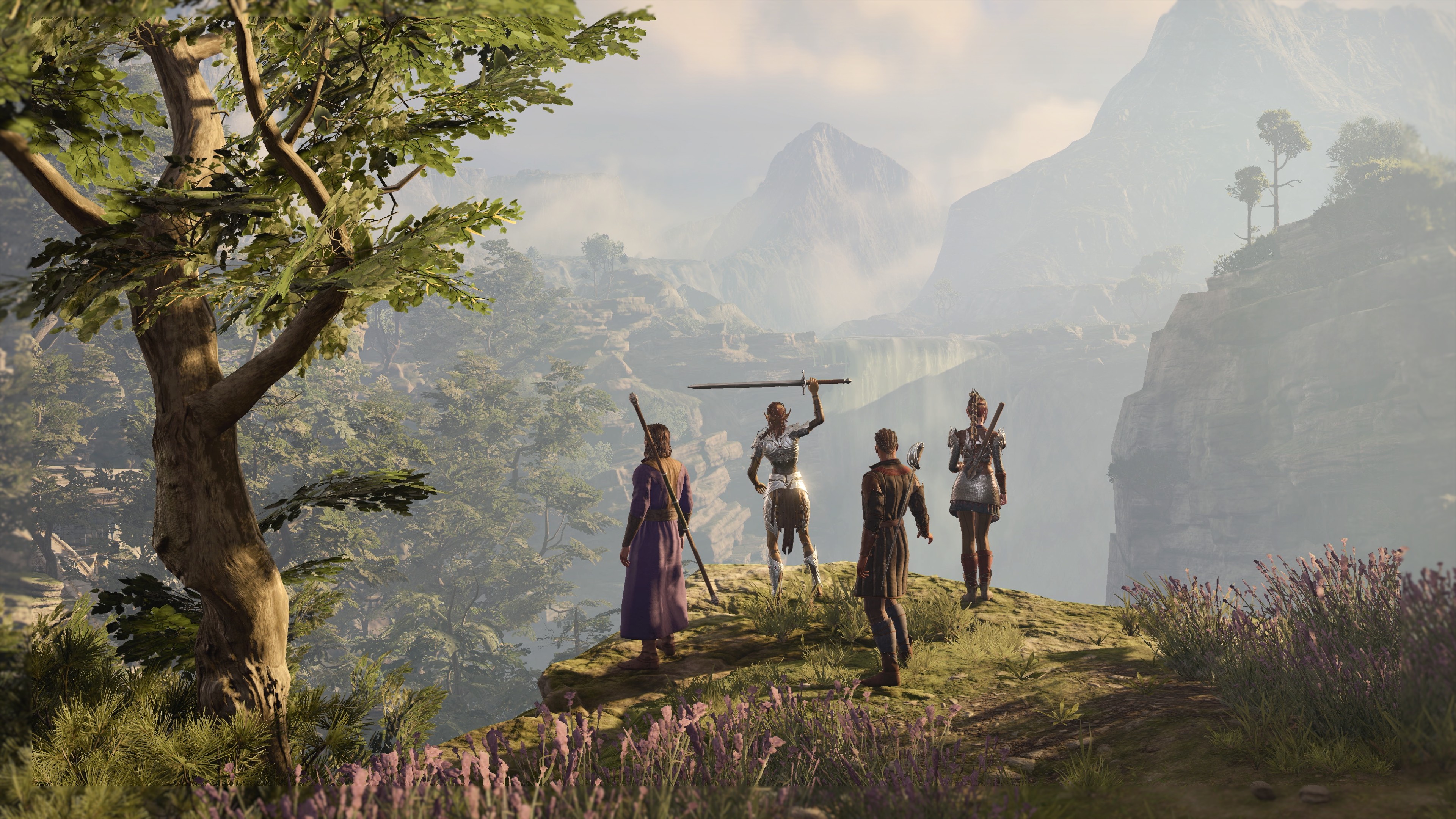
Just as The Witcher 3 pushed the boundaries of the genre in 2015, in 2023 Baldur's Gate 3 blew them apart. No one could have predicted that the most exciting, most talked about, and most impactful game of that year would be an old school isometric RPG, but the intricate sandbox Larian crafted, coupled with surging interest in Dungeons & Dragons, made for a huge mainstream success story.
There's a lot that makes Baldur's Gate 3 stand out—from its brilliantly memorable characters, to its use of mo-cap to bring dialogue to life, to its weird and wonderful world. But its greatest strength is just how much agency it hands to players. At every step you're given the power to choose what to do and how to do it, and almost any action you can think of is allowed and, in many cases, actively anticipated with a unique interaction to reward you.
Whether it should set a new standard for RPGs is a controversial question, but either way it's a true landmark game, and I suspect we'll still be noticing its influence for decades to come.
Twitch expands the meaning of gaming culture
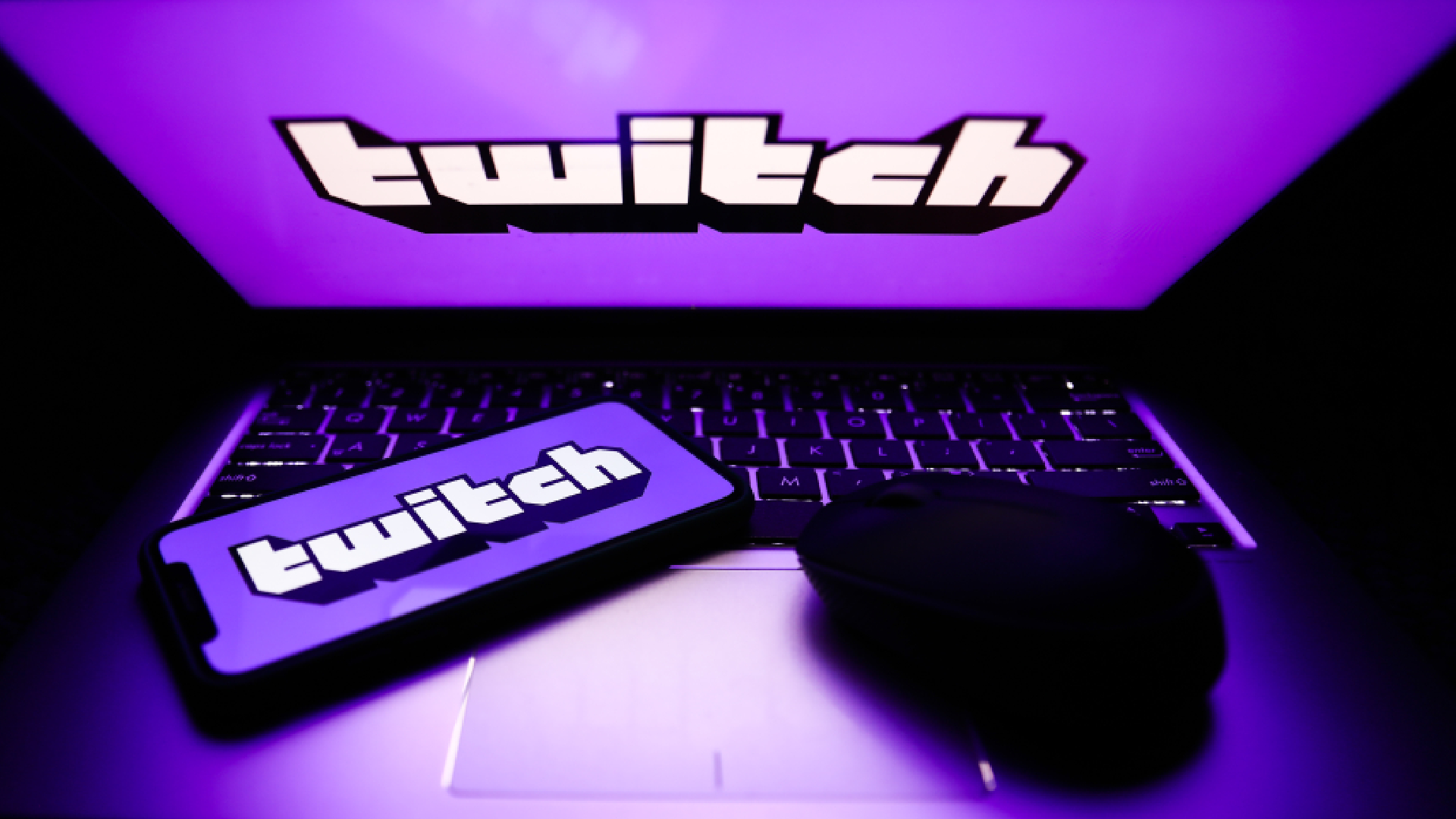
The last decade of PC gaming has been hugely shaped by Twitch and the many content creators who stream on it. Hundreds of millions now log in every month to keep up with their favourite channels, and streamers can be enormously influential over which games succeed or fail—including launching tiny indies into mega-stardom.
Watching other people play games is now almost as integral to the hobby as playing games yourself, and Twitch's biggest hitters are some of the most famous celebrities of gaming culture. Meanwhile, the breadth of streams available only gets wider and, it has to be admitted, weirder. This was the decade where Jerma turned into a real-life Sim controlled by viewers, a goldfish played Elden Ring, and we saw Fortnite on a butt. Let's see television try and catch up to that.
Fortnite, cultural touchstone for nephews everywhere
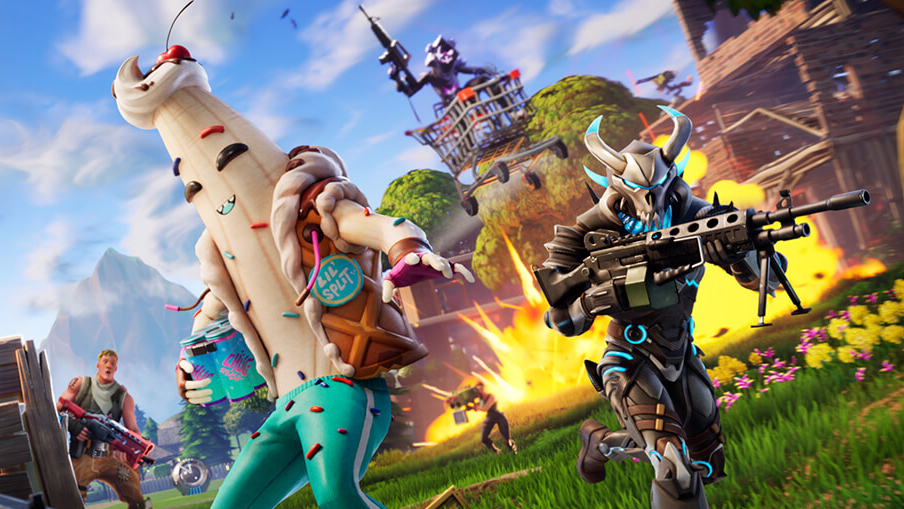
Speaking of Fortnite, any look back on the decade would be remiss not to acknowledge it. By pivoting a struggling co-op survival game into a battle royale shooter, Epic pulled off perhaps the greatest turnaround in PC history, and ended up with one of the most popular games of all time.
But it's more than just a game, isn't it? It's a grand stage for enormous crossovers of different brands and franchises, and even a venue for virtual concerts and performances, regularly setting whole new expectations for cross-promotion between gaming and the biggest TV and film series around. While Mark Zuckerberg was waffling about virtual boardroom meetings where your legs look weird, Epic was out here building the real metaverse one MCU skin at a time, and to this day, whether you love it or hate it, it sits at the heart of PC gaming.
Cosy farm sim Stardew Valley sells 30m copies

Meanwhile, developer Eric Barone was discovering an entirely different form of surprise success. With its relaxing atmosphere and gentle pace, farming sim Stardew Valley redefined our idea of what a hit game could look like on PC, bringing new players to the platform in the process. Now, 'cosy games' make up an entire thriving genre that celebrates the principles it embodied.
This is a decade in which the process of making games has been wonderfully open and democratised, with easier access to development tools than ever. Stardew is the perfect proof that major publishers and big studios aren't the be-all, end-all of the industry anymore. Made primarily by one person, it's ultimately sold over 30 million copies, and became one of the most well-known and influential games in the world.
Discord becomes a universal gaming companion

Before 2015, Discord didn't exist; now it's hard to imagine gaming without it. The voice chat headaches of the past are rapidly becoming a distant memory as we enjoy seamless communication in our games.
More than just providing an easier way to connect with your friends, Discord has become a thriving hub for gaming communities. Players can meet and express their thoughts in a fast-moving, growing forum of like-minded souls—and even talk directly to developers, who've gained a whole new channel of feedback and community interaction.
The dawn of the battle royale
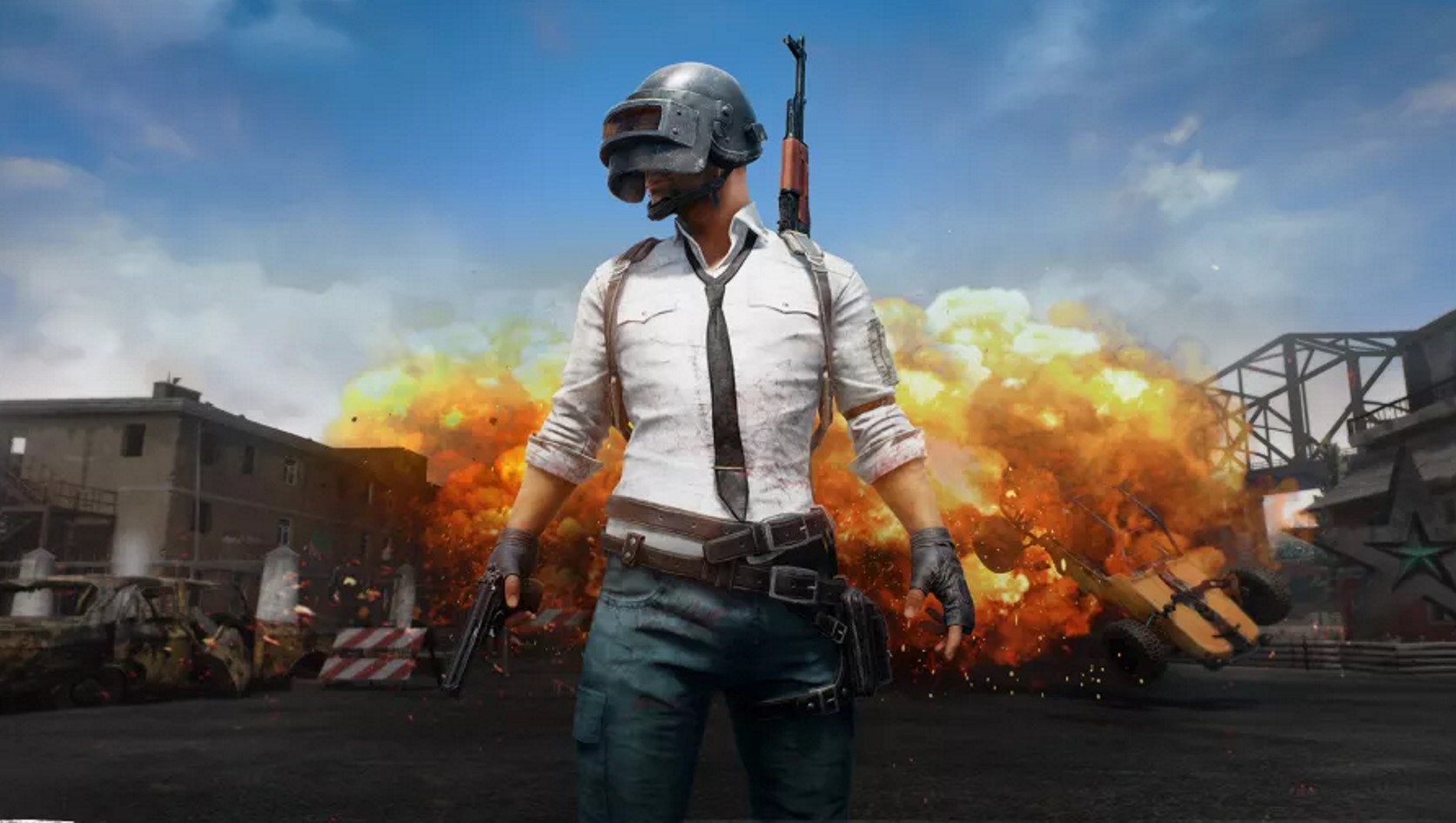
Though the idea existed before in mods for games like Minecraft and ARMA 2, it wasn't until PlayerUnknown's Battlegrounds launched in 2017 that the battle royale genre was truly established. It was a whole new perspective on multiplayer action, creating moments of high drama and chaos for a hundred players at a time, and it was irresistible.
Quick on the heels of PUBG came Fortnite, and then Apex Legends, and soon the genre was enjoying such massive success that even firmly established shooters like Call of Duty and Battlefield were forced to adapt. Now it's a staple and still thriving part of the world of multiplayer on PC, standing as proof that there's always room to shift the landscape with a compelling new idea.







